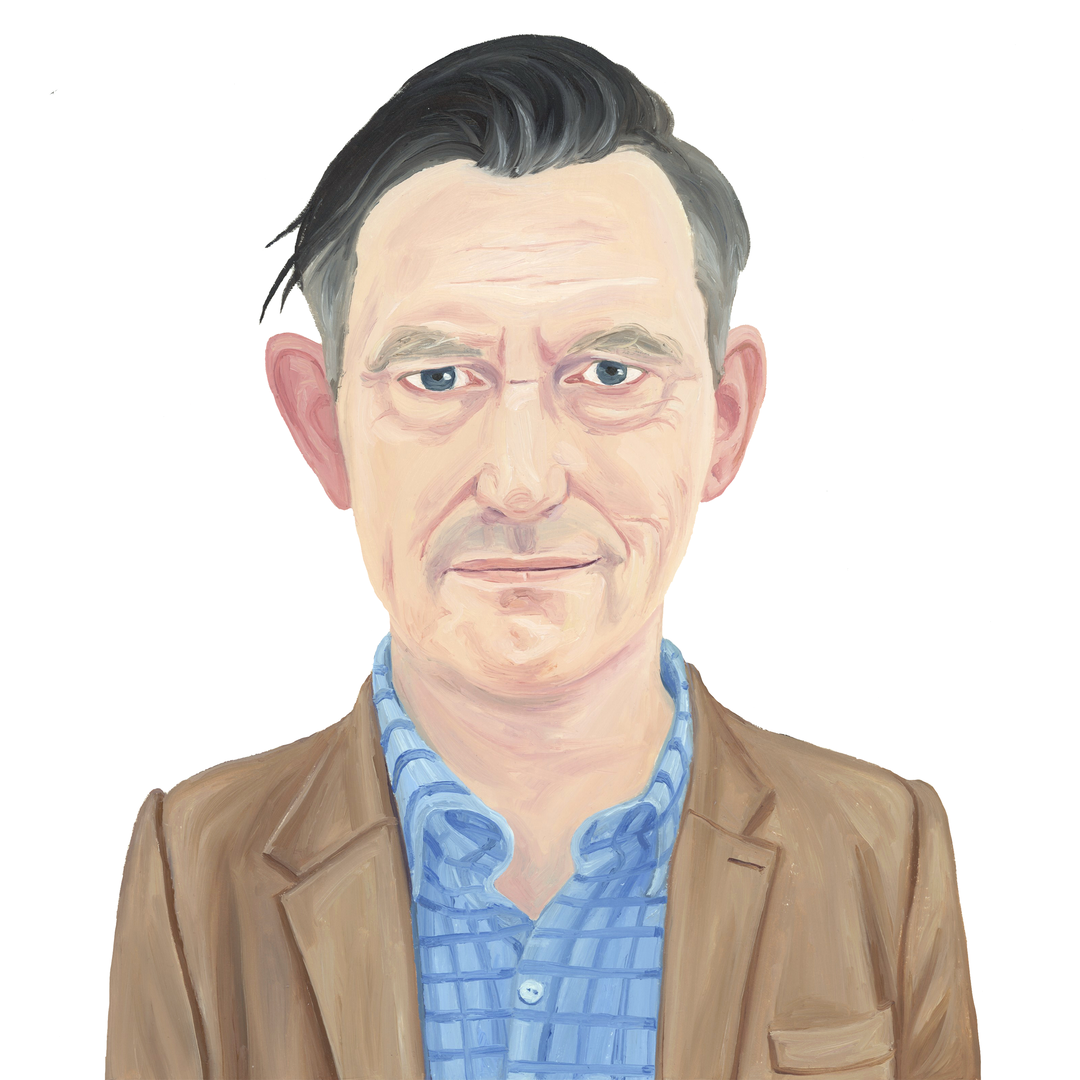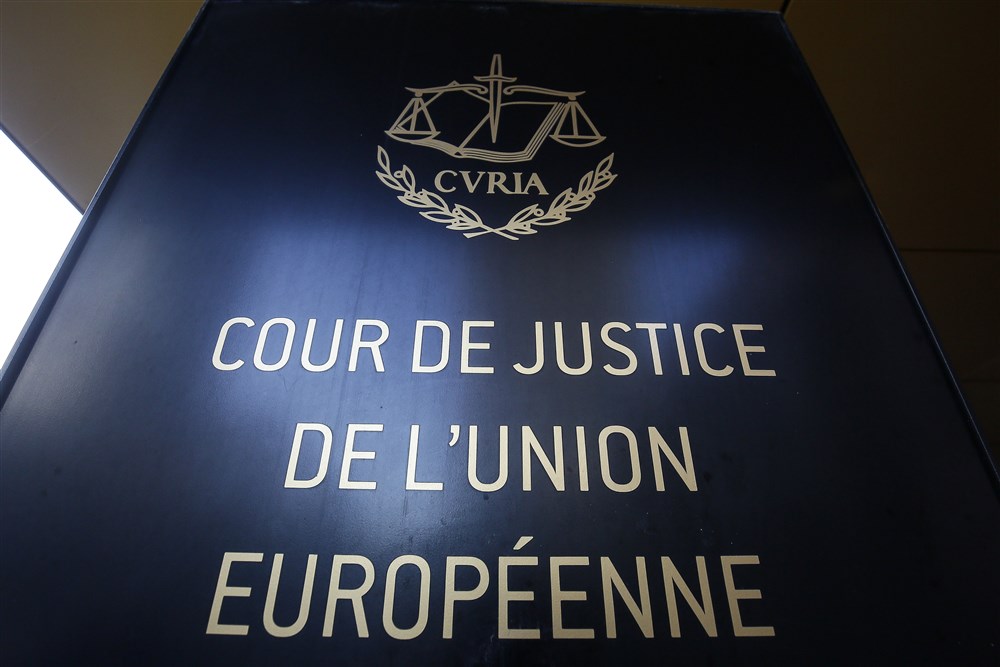There appears to have been a quick snort of the salts in Brussels over the results of the weekend’s elections in Switzerland.
A long standing dream of the EU elite was that Switzerland would come to its senses and move towards an accommodation with the European superstate.
Much EU policy towards the country has been directed to using legislative force to make Switzerland comply with EU positions in a number of areas. In many cases the traditional business and political elite of the country would be very happy to go along with it. As elsewhere, they argue that inward migration improves the Labour supply, and (whisper it quietly) keeps down wages.
Instead of these progressive nostrums, the elections have seen a significant boost to the Eurosceptic Swiss People’s Party (SVP). The right-of-centre party highlights migration policy and a strengthened sense of Switzerland’s traditional neutrality as its core policies. They took 28.6 per cent of votes, up from 25.6 per cent in 2019. This gives them 66 seats out of the 200 in the assembly, up 9.
Other anti-immigration parties also did well, with the two Green parties taking the biggest electoral hits.
The EU disappointment arises because, despite the collapse of talks aimed at bringing the mountain nation in line with the EU in 2021, hope had sprung up again following Switzerland joining the anti-Russian trade boycott.
But the SVP argued that doing so compromised neutrality and would further exacerbate the country’s energy crisis. Swiss citizens are expected to see a doubling of their connection costs next year as the energy market crisis sees no end in sight.
For the EU this is a great disappointment. They have been keen on restarting the negotiation process which had fallen apart due to aspects that were anathema to Switzerland.
The main stumbling blocks were freedom of movement, the level playing field and state aid rules.
The EU was demanding that the Swiss incorporate the 2004 Citizens’ Rights Directive (CRD), which gives citizens from the European Economic Area the right of free movement and residence. This would create for Switzerland, “higher social security costs” and “effectively constitute a paradigm shift in Switzerland’s migration policy”.
Given that currently over 10 per cent of the population is EU nationals and the SVP’s stated aim is to keep the population down to under 10 million people, this was a red rag.
The SVP fiercely opposes the idea of giving permanent residence for EU citizens in Switzerland, thereby giving access to social security for non-employed residents, such as job-seekers and students. Essentially, the SVP wants to keep Swiss control of Swiss borders.
Just as bad was the Commission concept of dynamic alignment with EU law, a concept that would force the Swiss to impose any new relevant EU legislation in order to maintain ‘equal conditions inside the single market’. To enforce this, Switzerland would have had to accept the EU Court of Justice being given the power to rule on disputes arising from the agreement.
Though the Swiss are different, they are not immune to the broader forces sweeping across the continent. These results mirror the rise of populist parties of both the right and left in recent European elections.
The security concerns underscored by the wars in Ukraine and the Middle East, terrorist murders on mainland Europe, combined with the scenes in Lampedusa and the sight of paragliders crossing the border between Morocco and Spain’s north African enclave of Melilla, so terrifyingly reminiscent of the Hamas attacks, are driving a pan European desire to change tack.
Looking to the near future, polling suggests that the populist and anti-immigration Freedom party is polling between 5 and 10 points ahead of the centre-Right and centre-Left in Austria. In France Macron has a -38 per cent approval rating whereas the anti mass migration National Rally leads by 8 per cent over Macron’s centrists. In Germany the rise of the AfD, Fico’s victory in Slovakia, Italy’s Meloni and similar results in Finland and even Sweden point in the same direction.
Next year’s European Elections will significantly change the complexion of the European Parliament and drip by drip national elections are having the same impact at the level of the European Council. Only the European Commission is immune.
European leaders may point to the low turnout in these elections at 46.6 per cent as proof that though problematic the elections are not the whole story.
They would, of course, be correct in this as the Swiss tradition of plebiscites allows their citizens a far greater say over public policy and less interest in elections per se. The EU might not like the results of these plebiscites. In March, one to increase taxation was quashed and one to introduce significant tax deductions was passed.
From the EU’s perspective the Europeanisation of Switzerland is going very badly. All the wrong lessons are being learned. It may be quite a long time before any negotiations start up again.






Beware Country Garden and Evergrande: a Chinese property crunch could be about to set off a global financial crisis